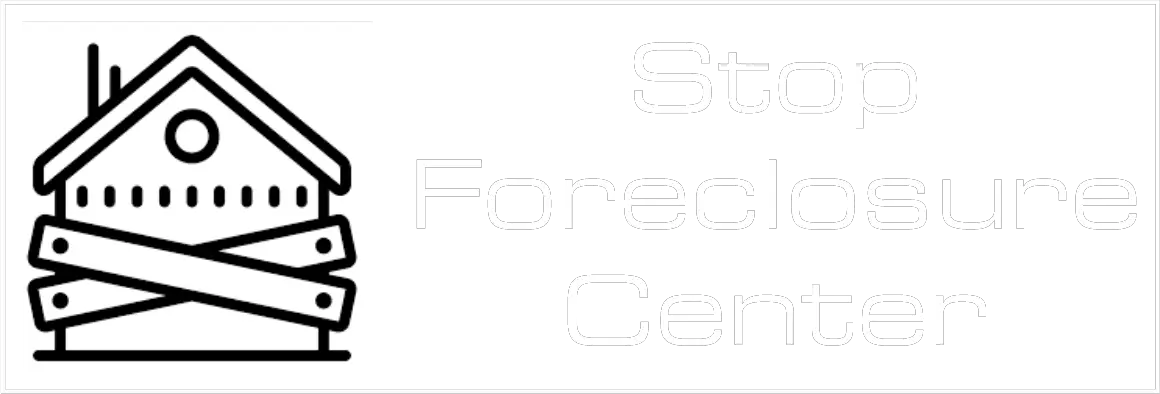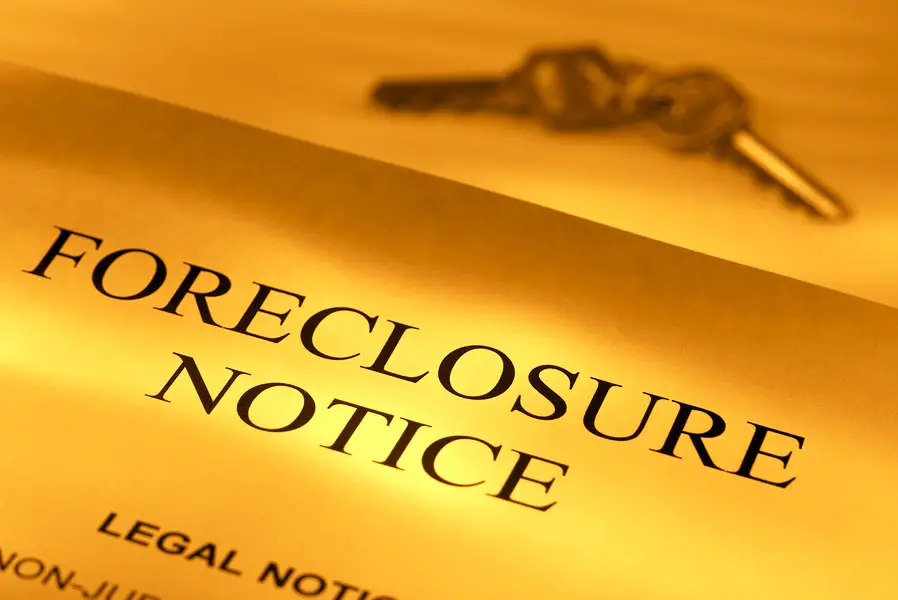When it comes to real estate and mortgages, two terms often cause confusion for homeowners and potential buyers: “default” and “foreclosure.” These terms are closely related but have distinct differences that can significantly impact your financial well-being and housing situation.
In this article, we will delve into the intricacies of default and foreclosure, explaining what they mean, how they differ, and the potential consequences of each. So, let’s dive right in.
Understanding Default
Defaulting on a mortgage occurs when a borrower fails to make their scheduled mortgage payments as outlined in their loan agreement. Essentially, it’s a breach of the contract between the borrower and the lender. Defaulting can happen for various reasons, such as financial hardship, unexpected expenses, or simply mismanagement of finances.
Why Default Happens
Life can throw unexpected curveballs at anyone. A sudden medical emergency, job loss, or other unforeseen circumstances can make it challenging to keep up with mortgage payments. Sometimes, borrowers may not fully understand the terms of their mortgage or underestimate the long-term financial commitment.
Consequences of Default
When you default on your mortgage, it can have serious repercussions. Your credit score will take a hit, making it difficult to secure future loans or credit cards. The lender may initiate the foreclosure process, which is the legal means of repossessing your property to recover their investment.
Consequences of Default on a mortgage can include:
- Credit Score Impact: Defaulting can significantly lower your credit score, making it harder to secure future loans or credit.
- Late Fees: Lenders may charge late fees, increasing the overall debt.
- Legal Action: Lenders may pursue legal action to recover the owed amount.
- Foreclosure Risk: Default often leads to foreclosure, where the lender repossesses the property.
- Loss of Equity: You may lose any equity built up in the property.
- Difficulty in Refinancing: Default can make it challenging to refinance your mortgage or obtain favorable terms.
- Impact on Future Housing: Default can hinder your ability to rent or buy a new home in the future.
The Foreclosure Process
Foreclosure is the legal process that lenders use to take possession of a property when the borrower is in default. It is essential to note that foreclosure is not an overnight occurrence; it is a lengthy and often complex process.
Stages of Foreclosure
Foreclosure typically involves several stages, including:
1. Notice of Default (NOD)
The lender sends a formal notice to the borrower, informing them that they are in default and have a specified period to bring the mortgage current.
2. Pre-Foreclosure
During this phase, the homeowner has an opportunity to resolve the default by paying the arrears, refinancing, or negotiating with the lender for alternative solutions.
3. Auction
If the borrower cannot resolve the default, the lender schedules a foreclosure auction, where the property is sold to the highest bidder. This is known as a foreclosure sale.
4. Post-Foreclosure
If the property does not sell at auction, it becomes real estate-owned (REO), and the lender takes full ownership. They may then sell the property through a real estate agent or auction.
Consequences of Foreclosure
Consequences of foreclosure can include:
- Loss of Property: The homeowner loses ownership of the property.
- Eviction: The homeowner may be forcibly evicted from the property.
- Damaged Credit: Foreclosure can severely damage the homeowner’s credit score, making it challenging to secure credit or loans in the future.
- Difficulty in Finding Housing: Renting or buying another home may become more challenging due to the damaged credit and foreclosure history.
- Legal Costs: Homeowners may incur legal fees associated with the foreclosure process.
- Emotional Stress: Foreclosure can lead to emotional stress, anxiety, and a sense of loss.
- Potential Deficiency Judgment: In some cases, homeowners may be held liable for the difference between the sale price of the foreclosed property and the outstanding mortgage balance.
- Public Record: Foreclosure becomes a public record, impacting the homeowner’s financial reputation.
Key Differences
Now that we’ve explored default and foreclosure individually, let’s highlight the key differences between these two terms:
1. Timing
- Default: Occurs when a borrower misses mortgage payments, which can happen relatively early in the loan term.
- Foreclosure: Happens after the borrower has defaulted and the lender has exhausted other options to recover the debt, typically months or even years later.
2. Legal Process
- Default: It’s a breach of contract but not a legal action. It initiates the possibility of foreclosure.
- Foreclosure: A formal legal process initiated by the lender to take possession of the property and sell it to recover their investment.
3. Consequences
- Default: Adverse effects on your credit score and potential future borrowing ability.
- Foreclosure: Loss of the property, eviction, and more severe damage to your credit score.
Avoiding Default and Foreclosure
The best way to avoid default and foreclosure is proactive financial management. Here are some tips:
- Create a budget: Know your financial limits and prioritize your mortgage payments.
- Emergency fund: Build an emergency fund to handle unexpected expenses.
- Open communication: If you’re facing financial difficulties, communicate with your lender to explore options like loan modifications or refinancing.
Conclusion
In summary, default and foreclosure are interconnected but distinct terms in the world of mortgages and real estate. Defaulting is the initial stage when a borrower fails to make mortgage payments, while foreclosure is the legal process that follows when the default remains unresolved. Staying informed and managing your finances responsibly can reduce the risk of finding yourself in either of these challenging situations.

